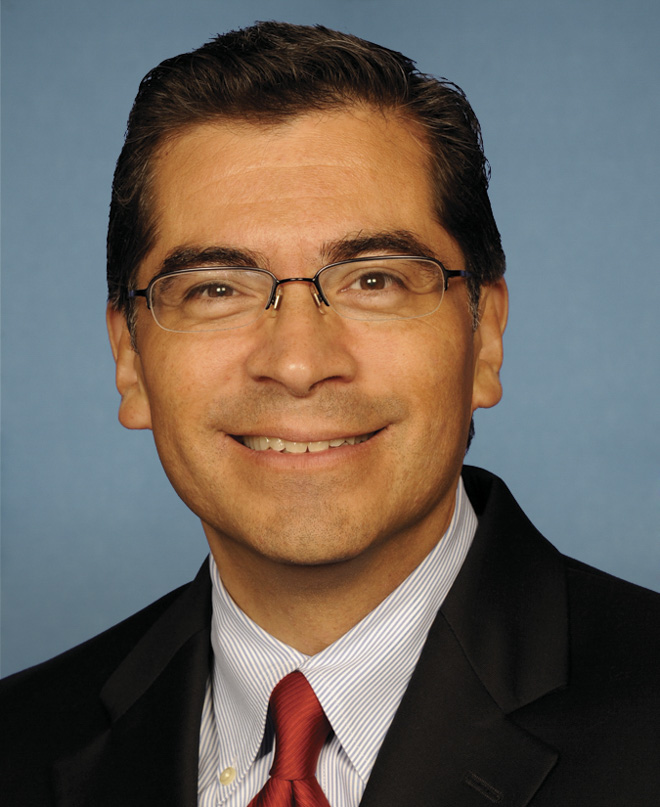California’s Attorney General Xavier Becerra ’80 J.D. ’84 discussed California police reforms including officer training, department data collection and use of force, in a conversation with law professor Robert Weisberg on Monday.
Becerra, who served 12 terms in the United States House of Representatives, told his audience at the Stanford Law School that he felt he could accomplish more as Attorney General than as a legislator by interpreting how to enforce federal law, especially immigration law, in California.
Becerra argued that by the end of his tenure, he “will have established the most robust policy [reform] that any Attorney General in California has ever established,” saying that “a whole bunch of attorneys [force lawmakers to] listen.”
Through his role overseeing California’s police reforms, Becerra plans to implement 272 changes in the San Francisco Police Department. He will then audit Sacramento’s Police Department for any changes they may need.
While he has significant control over policing in California, a softer approach is key to making appropriate agency reforms, according to Becerra.
“I’m not going to be in there patrolling, but I can enforce the law against [sheriffs],” he said. “I leave them to their own devices … but I’m watching.”
“Just because you [have] power, doesn’t mean you use it,” he added. “I get a lot more done with a carrot than I do with a stick.”
Becerra believes one of California’s greatest criminal justice reforms has been the overhaul of the bail system. As Attorney General, he said he “felt very uncomfortable having to defend a judge’s bail determination” when the defendant had limited resources to bail themselves out.
“We should be detaining people based on their danger to the public, not the dollars in their pocket,” he said.
Becerra also discussed Californians’ ability to create a referendum for general vote by the electorate. Creation of referendums has been a double-edged sword, Becerra said, as it allows the population to take on “large meaningful subjects” but also makes it possible for interest groups to directly manipulate referenda for their own gain.
Bail industry groups launched an effort to repeal the bail reform in a 2020 referendum upon the bill’s passing, according to the San Jose Mercury News.
Additionally, the referendum process allows no changes to the wording of proposed referenda. For example, California’s three-strike rule, an initiative that put three-time offenders in jail for longer than the offense alone warrants, is being considered for reform due to the unusually long sentences being given to petty crimes.
Contact John Coffey at jcoffey ‘at’ stanford.edu.
